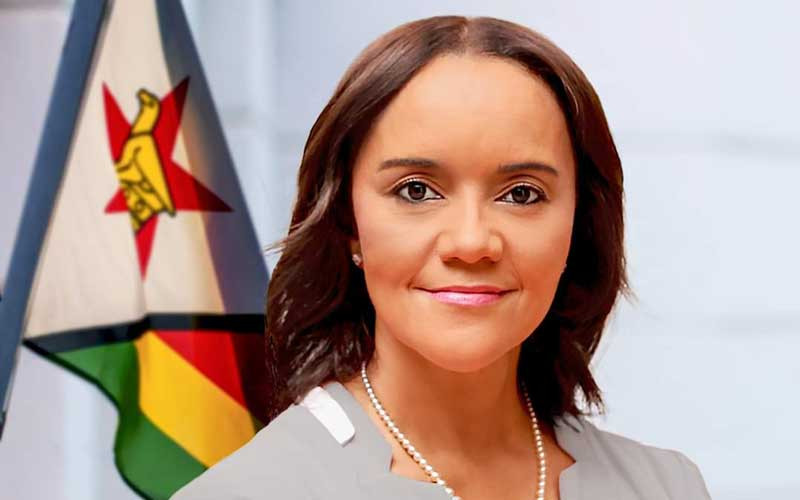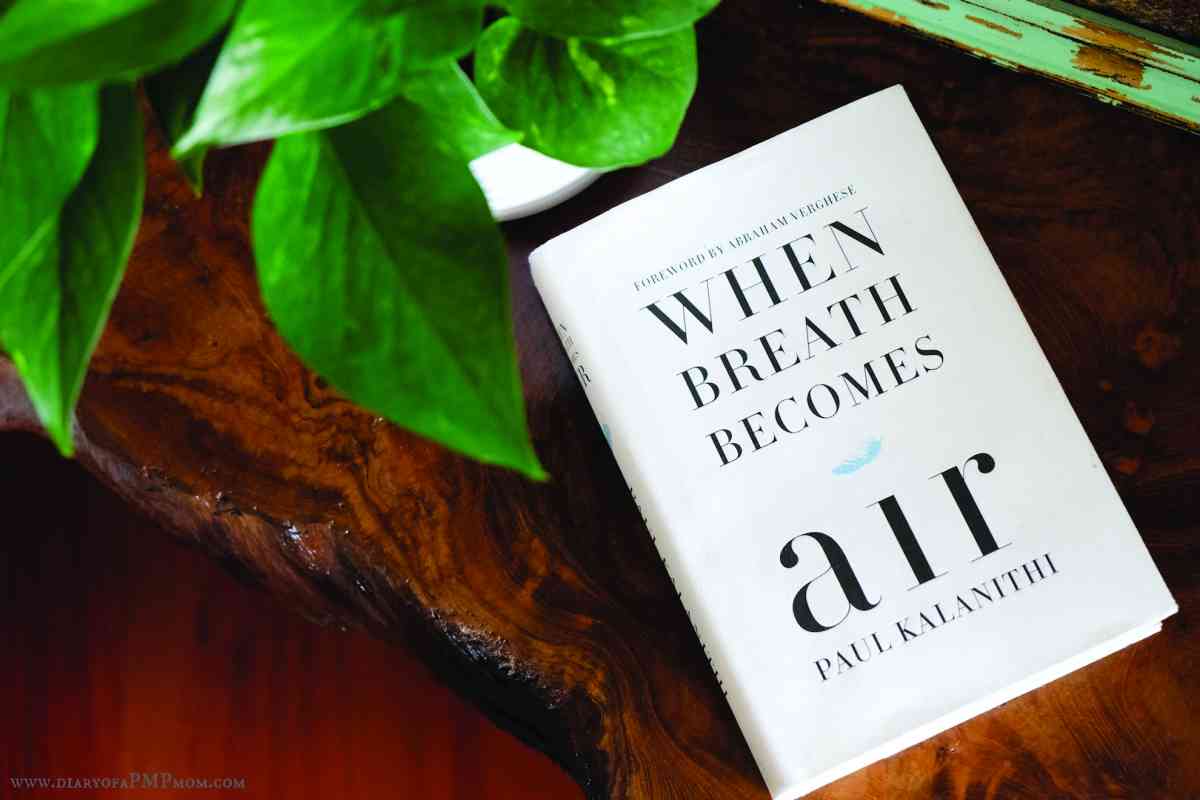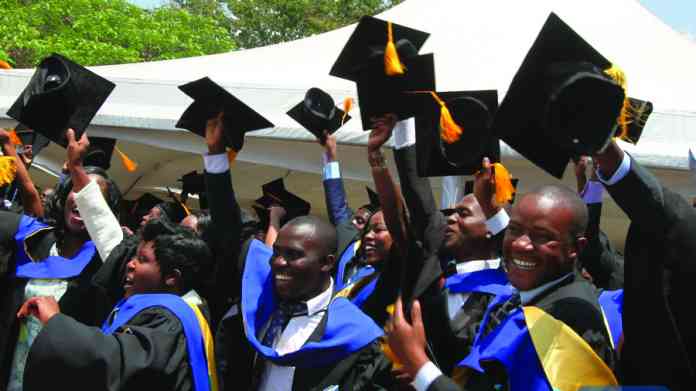
POLITICAL parties publicly declare commitment towards gender equality in politics, but do not walk the talk when it comes to fulfilling this so-called commitment, which is why they are among the barriers to greater women's participation.
Entrenched patriarchal structures, a lack of internal democracy and the absence of women in decision-making positions in parties push women to the margins and maintain the status quo.
Votes of no confidence in female candidates and clashes with established, male-dominated networks at national and local levels are clearly systematic obstacles designed to deny women nominations and the election.
Although political parties in Zimbabwe have women's organs whose central mission is to advocate within the party on issues of particular interest to female voters, their participation generally does not lead to retention of power or inclusion
Their main task has now become to mobilise female voters in election campaigns and to promote male candidates.
Whereas during elections, they engage in welfare work and provide social benefits to female members.
Female candidates face countless obstacles in the run-up to and after elections, including insufficient financial resourcing, sexual harassment and attacks on their character and virtue, which is discouraging. The dilemma arises from the lack of political will to accelerate the access and substantive presence of women in politics in a way that ensures that their voices are truly heard and that their membership in political parties is linked to their participation in leadership positions.
Although the quota significantly increased the number of women in parliament, it is a Pyrrhic victory that does not challenge the status quo of male incumbency. In the August 2023 elections,a female representation of 11% reflects a major setback in achieving SDG 5, gender equality and the empowerment of all women and girls.
- Zim headed for a political dead heat in 2023
- Zec failing to level playing field: CiCZ
- Take Money clinches sponsorship deal
- Zimra targets US$ tax evaders
Keep Reading
Despite the existence of comprehensive frameworks in all areas, the gender gap in leadership, government and parliament remains evident even though women form the majority.
The complexity lies in uncovering and redressing the deep-rooted systemic disenfranchisement and exclusion of women, in order to translate women's participation into decisive influence and decision-making in the development and building of democracy.
The United Nations Women launched a five-year Framework on Women’s Political Participation (WPP) to support measures and activities that stimulate women’s interest in taking part in politics in Zimbabwe.
At the launch of the #EndViolenceVoteForHer campaign in August, which focused on supporting female candidates and ending violence against women during electoral processes, the framework broadly aimed to promote women's political participation through a range of strategies and key actions
In order for political parties to promote the full and equal political participation of women, they must include strategies to ensure that their constitution, structures, processes and funding are gender-sensitive and inclusive of all genders.
- Nyawo is a development practitioner.










